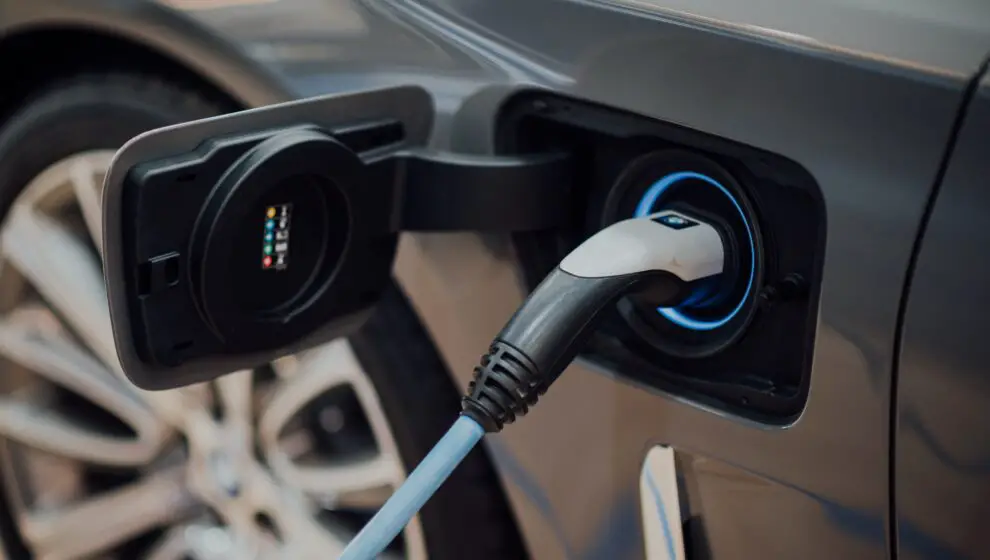A new study on electric vehicles (EVs) finds that they are cheaper to fill up than gas-powered vehicles in almost every state—shy of specific circumstances.
Key Details
- Researchers from the nonpartisan Energy Innovation teamed up with The Washington Post to study whether EVs or gas cars cost more at the pump.
- It found prices vary—charging an EV SUV in New Hampshire costs only $14 while charging an EV truck in Washington state costs as much as $80.
- This is still competitive even in more expensive states—a full tank of gas in Washington for an F-150 at $4.98 per gallon costs $115—saving $34 per tank.
- Energy Innovation argues that the average American driving 14,000 miles yearly would see $700 to $1,000 in savings swapping over to an EV SUV or truck.
- Charger premiums can chew up some of these benefits, but EVs still “barely” edge out gas cars in most scenarios—besides long-distance driving, which sees benefits for gas cars.
Why It’s Important
With nearly four in ten Americans debating whether their next car should be an EV, many are struggling with the issue of cost. EV developers claim that one of the benefits is that they require less money to charge, resulting in savings for drivers. However, critics argue that various factors reduce the benefits and make it more expensive to charge an EV than to fill a gas tank.
The question is not easy to resolve—as there are hundreds of logistical and legal factors to work through in order to determine whether specific EVs save or lose more money on the road. Charger premiums, fluctuating gas rates, electricity costs, state taxes, rebates, battery efficiency, and car make and model affect charging costs.
Michigan-based automotive consultant Patrick Anderson tells The Washington Post that EVs are arguably more expensive. He says economists arguing otherwise generally leave out variable costs that tip the balance against EVs. His critics argue the same, saying his numbers overstate his case and ignore current incentives.
Notable Quote
“Ultimately, we may never agree on what it costs to refuel an electric vehicle. That may not matter. For the everyday driver in the United States, it’s already cheaper to refuel an EV most of the time, and it’s expected to get cheaper as renewable capacity expands and vehicle efficiency improves. The sticker price for some EVs is expected to fall below comparable gasoline cars as soon as this year, and estimates of the total cost of ownership—maintenance, fuel, and other costs over a vehicle’s lifetime—suggest EVs are already cheaper,” writes columnist Michael J. Coren.
